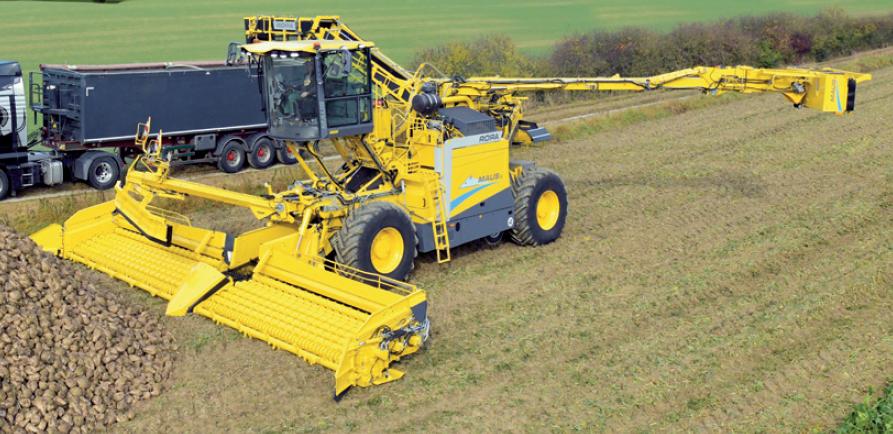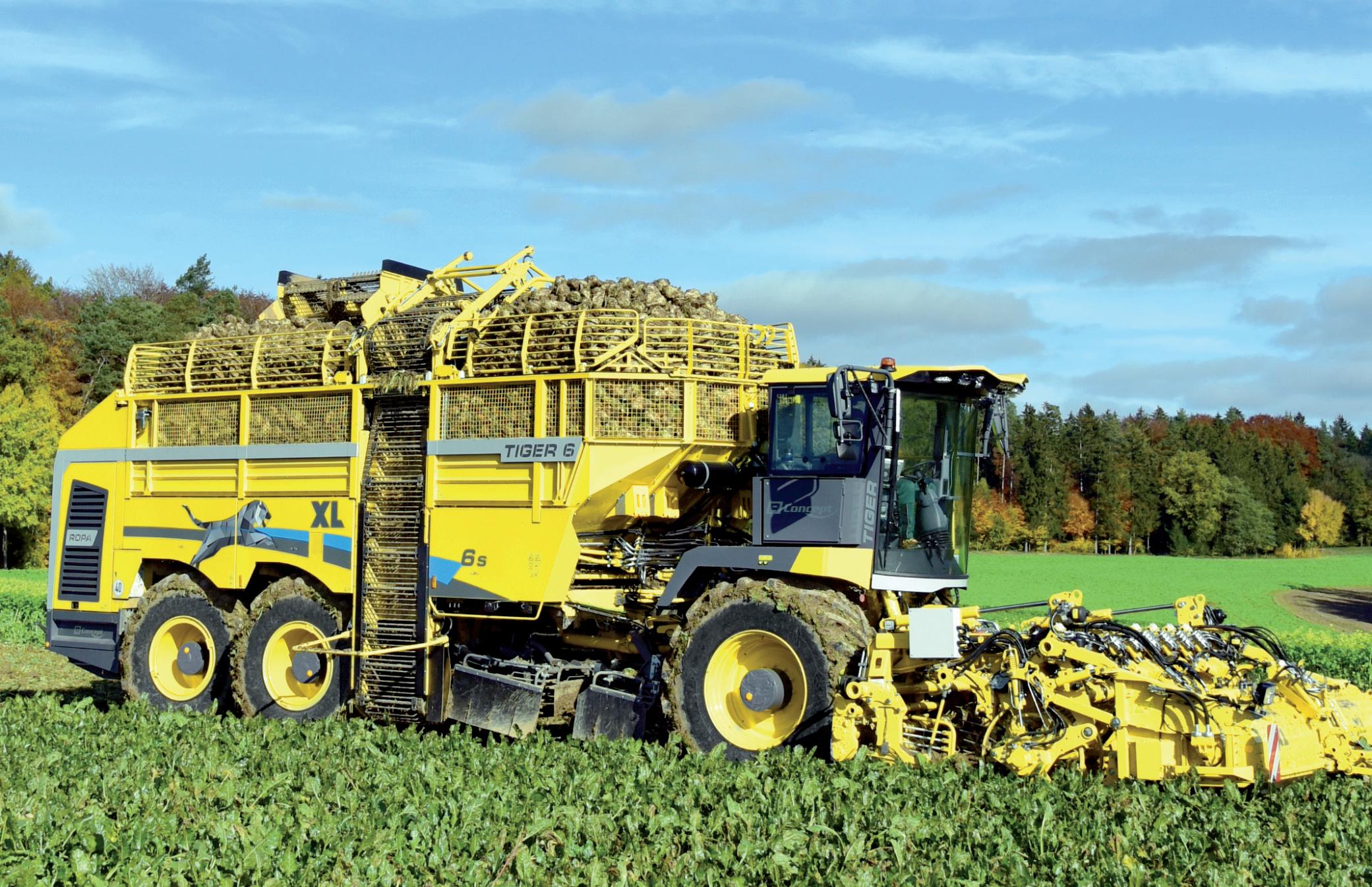
3 minute read
DATELINE WASHINGTON
from Sugarbeet May 2022
by agweek
As the world recoils from the Russian atrocities against the people of Ukraine, it is causing countries to reflect on long held ideas about trade and foreign interdependence. For decades, global leaders felt that by binding countries together economically we could reduce conflict, avoid costly wars, and stem major migration of people fleeing conflict. This has been a founding principle for the multilateral trade agreements and a multitude of bilateral trade agreements around the world.
One senior European official recently explained the current dilemma quite well. “We thought interdependence, connectiveness would be conducive to stability, because we had correlating interests. Now, we’ve seen this is not the case. Russia was highly connected with Europe, a globalized country. Interdependence, we’ve now seen, can entail severe risks, if a country is ruthless enough… We have to adapt to a situation that is absolutely new.”
The war in Ukraine has only increased global supply chain disruptions for both inputs and goods. Washington continues to work towards mitigating this and other disruptions. U.S. Agriculture Secretary Tom Vilsack and the House and Senate Agriculture committees know full well the challenges farmers are facing across the board on availability of inputs and skyrocketing costs. This message was delivered to hundreds of congressional offices during our virtual visits in March. None of these issues have quick, easy, or cheap solutions waiting to be executed. No stone is being unturned.


Inflation has raised its ugly head and will likely be with us for a good while. Demand for goods that go unmet due to a long list of interconnected challenges in the supply chain. Again, these are the aftershocks of a disjointed economy through a long pandemic. Higher interest rates now become a much bigger issue for industries, like agriculture, that rely on credit to produce its products. The structure of future farm policy will require enhanced safety nets for commodities. This will be a tough issue to manage.
Imports: Each month USDA monitors supply and demand for sugar. From time-to-time it makes various adjustments on imports based on expected demand, sugar production, beet storage, and processing of beet and cane. April is typically when the last import adjustment is made for the fiscal year. This year in April, domestic ending stocks for FY 2022 (Sept. 30) were projected to be at 12.5%, which is lower than the 13.5 -15.5% range they use to manage the program. Imports were increased by 221,706 short tons raw value to make sure the market was adequately supplied. Typically, not all the sugar allowed actually comes in. We are closely monitoring any further steps USDA may be considering in terms of adding additional sugar to the market this year.
Luther Markwart has been the executive vice president of the American Sugarbeet Growers Association since 1982. Luther can be reached at lmarkwart@ americansugarbeet.org.

Politics: Over the course of May and June, 30 states will conduct their party primaries. It will give us a much clearer view of the issues and the players who will influence the November elections. This is a very exciting time to see how political strategies play out as voters cast ballots. Throughout this time we will be talking with members of Congress and candidates to understand local dynamics across our nation. This will be the political environment we will need to pass a farm bill in, and it will be critically important to understand members’ motivations.
The program, called “Homegrown Giving,” was launched this year in Michigan and in 2023 will be put in place in North Dakota, Minnesota and Montana.
Growers, industry experts and community members can nominate nonprofit organizations for the $10,000 award, and a panel made of sugarbeet farmers and ACH seed employees will choose the winners.
This year, the program is available in the Great Lakes growing area of Michigan, made up of 14 counties, including Arenac, Mecosta and Saginaw.

Nominations can be made on an online application forum to https://www. homegrowngiving.com.
The Homegrown Giving program is a way that ACH Seeds can make a positive impact on communities, said Andy Finkral, ACH Seeds national sales leader.
“We live and work in these communities where we sell sugarbeet seed,” Finkral said. ”We want to give back.”
Nominations for the program could vary from a volunteer fire department that is remodeling its firehall to a 4-H club that needs to buy cattle for members to show, Finkral said.
The program nominations will close on June 30, 2022, and the winner will be announced this fall.
Although the program won’t be available in Montana, Minnesota and North Dakota until 2023, ACH Seeds customers in those states did have an opportunity to be part of a trivia contest the company held during the American Sugarbeet Growers Association’s annual meeting in Scottsdale, Arizona, Jan. 30-Feb. 1, 2022.

Kyler Jonsson, a 12-year-old boy from Savage, Montana, won the trivia contest, which ACH Seeds held during a reception in which the company shared information about the Homegrown Giving contest and highlighted its potential impact on communities.
Kyler, who annually attends the meeting with his parents and older brother, answered 21 of 24 sugarbeet related questions correctly. He chose the Savage Public School industrial









